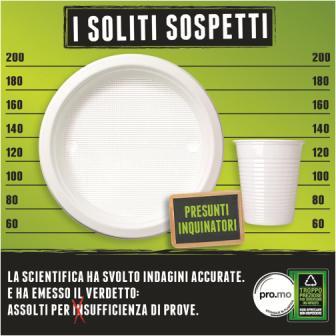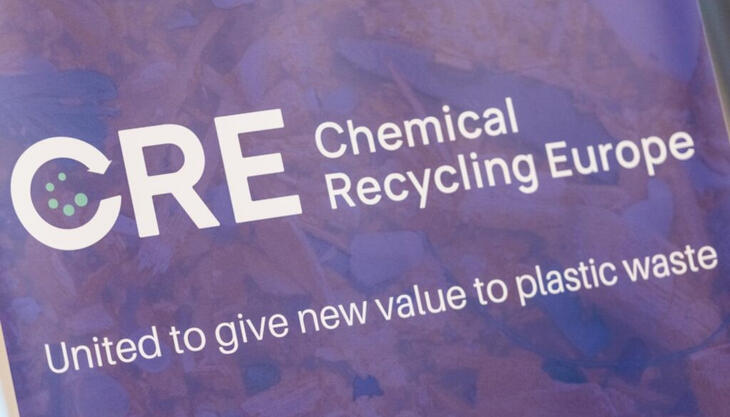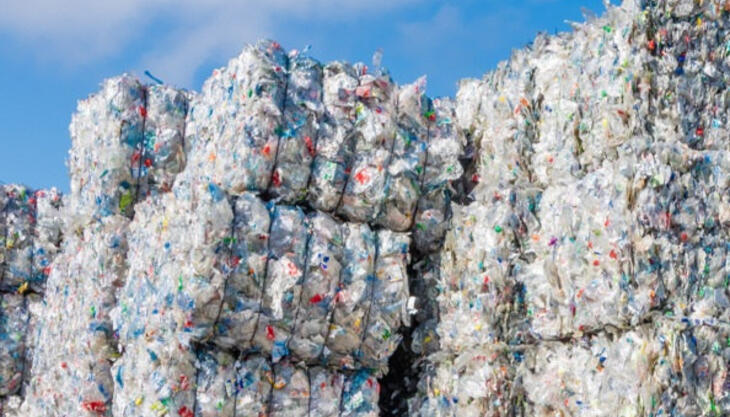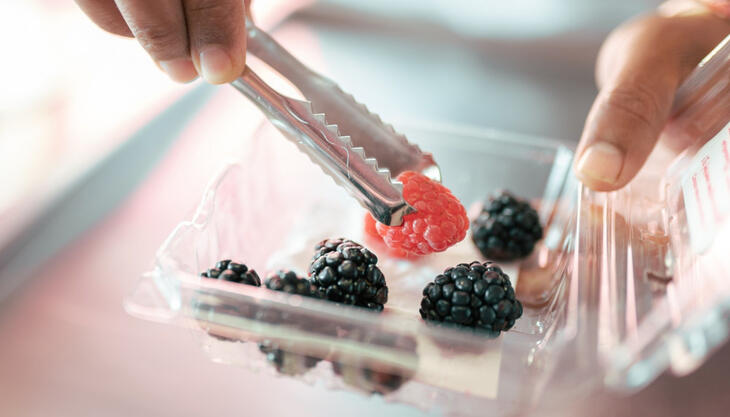Acquitted on the basis of "sufficient evidence"

This is the slogan of the recent communication campaign launched by Pro.mo, and it is a message substantiated by the results of a Life Cycle Assessment (LCA) comparative scientific study of disposable tableware, published on July 9 by the Group of disposable plastic tableware manufacturers, which is part of Unionplast (the association of Italian processors).
The research produced some surprising results: disposable tableware made from polypropylene (PP) and polystyrene (PS) has, on average, a lower the environmental impact than the compostable kind made from polylactic acid (PLA) and cellulose pulp. The study, carried out in compliance with ISO 14044 and 14040, was subjected to critical review by the certification body SGS Italy and is available in the "Research" section of the website www.pro-mo.it.
The analysis concerned two different types of tableware: plates (disposable ones, made from PP, PS, PLA, and cellulose pulp, and reusable china ones) and cups (disposable ones, made from PP, PS, PLA, and PE-laminated cardboard, and reusable glass beakers), taking into account their different end-of-life scenarios.
Marco Omboni, president of Pro.mo, had this to say about the results: “Because of the originality and completeness of the analysis, the multitude of scenarios considered, the considerable care taken to verify the quality of the data, and the sensitivity and uncertainty of the results, this study carries considerable scientific “weight”: this weight has been acknowledged and judged positively by SGS, the global leader in certification services which oversaw the process of its certification of compliance with ISO 14044”.
“In addition,” - Omboni went on - “we believe that this study may offer many pointers to policy makers and those, in public service, involved in environmental issues, and could also be a starting point for further investigations and assessments, in which LCA remains the most effective tool. Indeed, the aim of the study was not only to contribute to the acquisition of knowledge that, by making it possible to minimize the environmental impact of the various products, might favour the business strategies of the Pro.mo Group companies, but also to provide a useful instrument for the various parties interested in promoting greater understanding of issues related to the life cycle and environmental impact of products”.
The study provides an illustration of just how complex the process of quantifying the environmental impact of products really is, and of how it often leads to unexpected conclusions, rarely having absolute value: seemingly low-impact products, situations, and stages in the life cycle can, in reality turn out to have an impact, and vice versa.
It also confirms that the performance of “traditional” glass and china tableware is superior; but even this statement, on a more in-depth analysis of the completed study, is seen to have some caveats. Indeed, the analysis of additional environmental impact categories showed that, in some of these, reusable tableware performed less well than some types of disposable tableware, including the traditional plastic kind.
It is clear that the choice between “traditional” reusable tableware and disposable tableware, in the catering/outdoor sector at least, is made taking into account other variables, too, such as access to washing up facilities, practicality, cost, safety, hygiene and so on.
Clearly, it is not within the scope of this study to measure and assess these variables; nevertheless, they often favour the “disposable” option and contribute absolutely to the global sustainability of the product, which is an aspect that users, consumers and all other stakeholders have to take into account.
Marco Omboni ends by saying: “The most important conclusion of the study was that it revealed no environmental impact issues that might have indicated a need to ban some or any of the product categories studied: even disposable tableware in polypropylene and polystyrene, whose image, in terms of environmental impact, is not always as good as it might be, came out of this study with flying colours”.

















